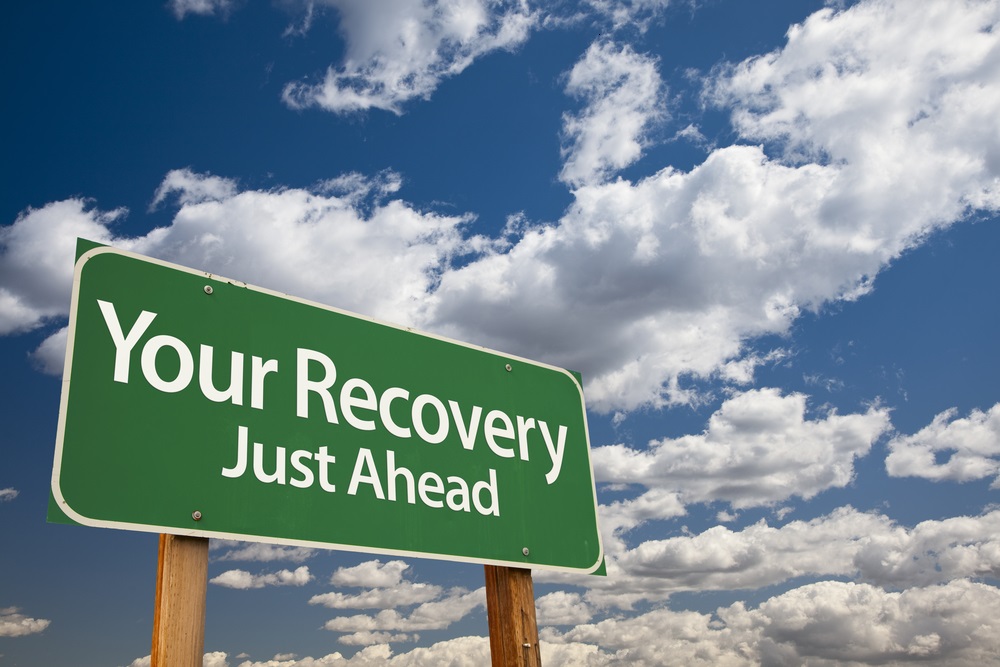Are you struggling with alcohol addiction and feeling trapped in a vicious cycle? It’s time to break free and reclaim your life! In this eye-opening blog post, we present compelling reasons why seeking rehab therapy for alcohol addiction is not just a choice but an absolute necessity. From regaining control over your physical and mental health to rebuilding broken relationships, the transformative power of rehabilitation will leave you amazed.
Introduction
 If you or someone you love is struggling with alcohol addiction, it is important to seek professional help. Alcohol addiction can lead to serious health problems, including liver damage, heart disease, and cancer. It can also cause problems in relationships and at work. Rehab therapy can help you overcome your addiction and get your life back on track.
If you or someone you love is struggling with alcohol addiction, it is important to seek professional help. Alcohol addiction can lead to serious health problems, including liver damage, heart disease, and cancer. It can also cause problems in relationships and at work. Rehab therapy can help you overcome your addiction and get your life back on track.
There are many different types of rehab therapy available, so you can choose the one that best fits your needs. Some rehab therapies focus on helping you abstain from drinking, while others focus on helping you learn to control your drinking. There are also programs that combine both approaches.
Rehab therapy can be an important part of your recovery from alcohol addiction. It can help you develop healthy coping skills, build a support network, and learn how to live a sober life. If you are ready to take the first step toward recovery, contact a rehab therapist today.
Reasons to Seek Therapy for Alcohol Addiction
If you or someone you love is struggling with alcohol addiction, rehab therapy can be an effective way to help them overcome their addiction and get on the road to recovery. Here are a few compelling reasons to seek therapy and treat alcohol addiction:
Create a Support System
If you are struggling with alcohol addiction, it is important to seek professional help. However, one of the most important things you can do to support your recovery is to create a strong support system. This can include family, friends, therapist, and other individuals who can offer emotional and practical support.
Having a supportive network will help you stay accountable and motivated throughout your recovery journey. Additionally, your support system can provide invaluable guidance and resources when you need it most. If you are struggling with alcohol addiction, reach out to your loved ones today and ask for their help in creating a strong support system for your recovery.
Learn Valuable Coping Strategies
Rehab therapy can provide you with the tools and strategies you need to cope with your addiction. You will learn how to manage your triggers and cravings, how to deal with stressful situations, and how to develop a support network. These coping mechanisms will help you stay on track in your recovery and avoid relapse.
Access to Medical Care and Supportive Services
The most compelling reason to seek rehab therapy for alcohol addiction is the access to medical care and supportive services that can help people recover from alcoholism. Alcoholism is a serious medical condition that requires treatment by qualified professionals. Inpatient rehab facilities offer around-the-clock care and support, which is essential for people who are struggling with alcohol dependence.
Outpatient rehab programs can also be beneficial for people who are trying to recover from alcoholism, but they may not have the same level of care and support as inpatient programs. Nevertheless, both inpatient and outpatient rehab programs can provide people with the tools and resources they need to overcome their addiction and lead sober, productive lives.
Gain Clarity on the Situation
It is essential to get a clear understanding of your drinking habits and patterns before making the decision to enter rehab therapy for alcohol addiction. This will help you to know what kind of treatment is right for you and also give you an idea of what to expect during recovery. Your clarity on the situation will also help your loved ones better understand your decision to seek treatment.
Improve Your Quality of Life
It’s no secret that addiction takes a toll on your physical and mental health. If you’re struggling with alcohol addiction, rehab can help you get your life back on track. Here are some of the ways that therapy can improve your quality of life:
1. You’ll Be Healthier
Addiction is hard on your body. Alcohol abuse can lead to liver damage, heart disease, and gastrointestinal problems, among other health issues. In rehabilitation, you’ll learn how to take care of your body and mind through healthy habits like exercise, proper nutrition, and relaxation techniques. As you get healthier, you’ll feel better both physically and mentally.
2. You’ll Be More Productive
It’s difficult to be productive when you’re struggling with addiction. Rehabilitation will give you the tools you need to manage your time and energy more effectively. With sobriety comes clarity and focus, which can help you be more successful at work or school. You may also find that you have more time for hobbies and activities that you enjoy now that drinking isn’t taking up so much of your time and energy.
3. You’ll Have Stronger Relationships
Addiction often strains relationships with family and friends. In therapy, you’ll learn how to communicate better and resolve conflict in a healthy way. You
Address Co-occurring Disorders or Mental Health Concerns
It is not uncommon for those struggling with alcohol addiction to also suffer from co-occurring mental health disorders. In fact, according to the National Institute on Alcohol Abuse and Alcoholism, about 50 percent of individuals with AUD (alcohol use disorder) also have a mental health disorder.
left untreated, both disorders can worsen. This is why it’s so important to seek rehab therapy that addresses both issues. Here are a few compelling reasons to seek treatment for both your alcohol addiction and any underlying mental health concerns:
1. Increased risk of relapse – If you only receive treatment for your alcohol addiction, you’re more likely to relapse because your mental health disorder will still be present. Addressing both disorders gives you the best chance at long-term sobriety.
2. Worsening symptoms – As mentioned above, if left untreated, both disorders can worsen. This could lead to more serious consequences such as job loss, financial problems, and relationship difficulties.
3. Better overall health – When you receive treatment for both your alcohol addiction and any co-occurring mental health disorders, you’ll start to feel better physically and mentally. This improved sense of well-being will help you stay on track with your recovery goals.


